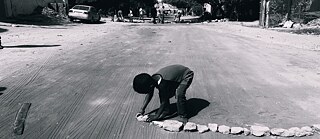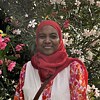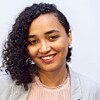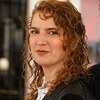Discussion
Preserving Sudan's Archives

Challenges in Maintaining of Analogue and Digital Collections
Sudanese archives play a significant role in the preservation of the history and cultural heritage of the country and region. They document a multitude of political and cultural events. In contrast to state archives, private archives also preserve evidence of human rights violations, conflicts and acts of resistance. These archives have suffered from the current war, but also from the dictatorships of the past. This state of affairs underlines the importance of digital archives for the protection and conservation of historical and cultural materials. The preservation of these archives is crucial in order to ensure that they can serve as resources for establishing the truth and demanding accountability. But are digital archives indestructible?
The participants will discuss the challenges associated with the protection and use of analogue and digital archives, as well as their role in preserving cultural heritage and fostering a future characterised by diversity.
Guests



Moderation

The discussion will take place as part of the exhibition Fragile traces: Archives in conflict.
This event is a cooperation between the Short Film Festival Hamburg, the Goethe-Institut in Exile and the Goethe-Institut Sudan.
Details
Open Space - Kurzfilmfestival Hamburg
Language: English
Price: free entrance